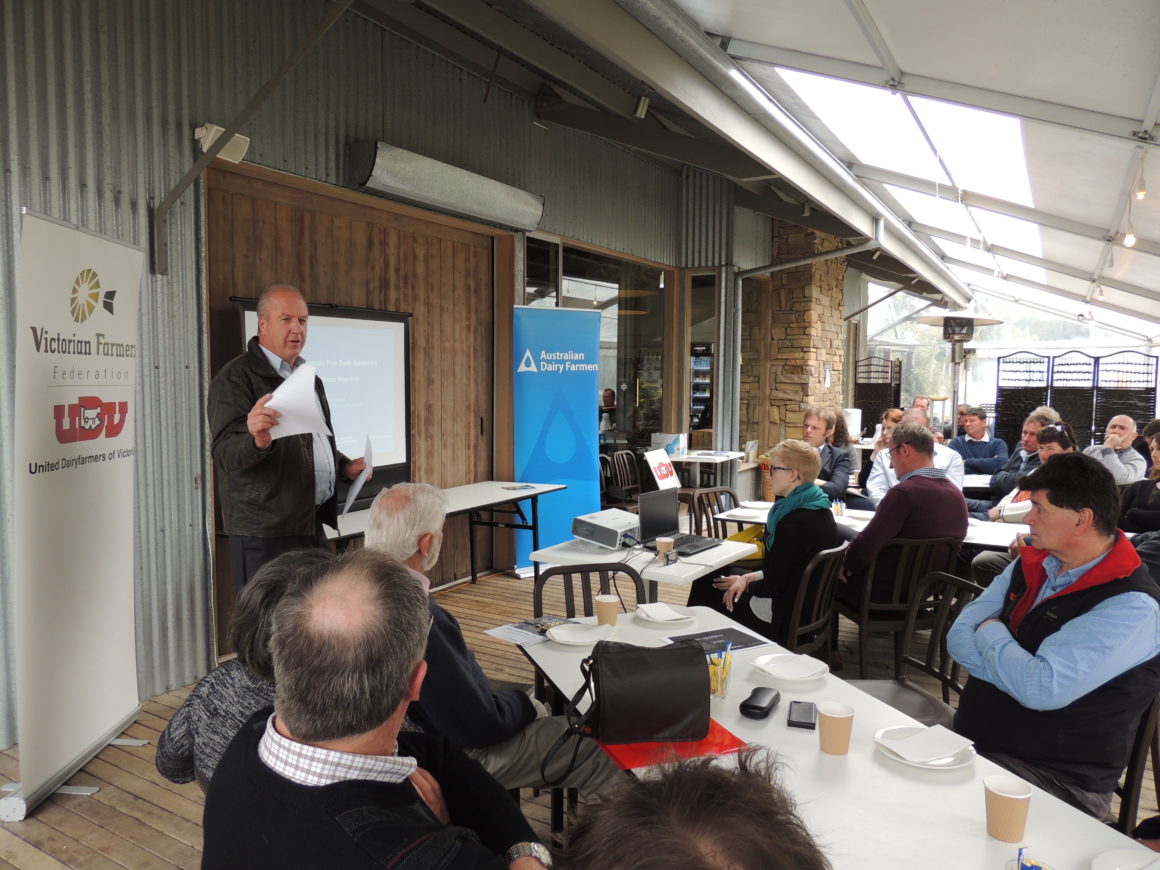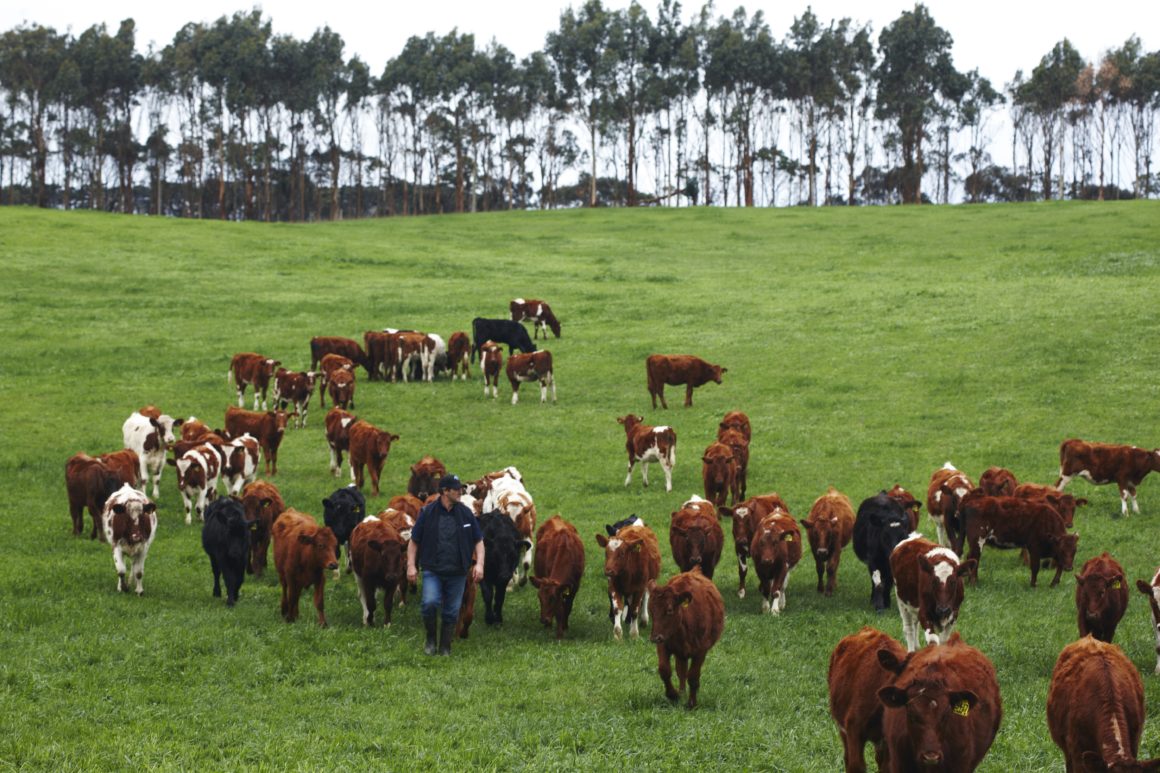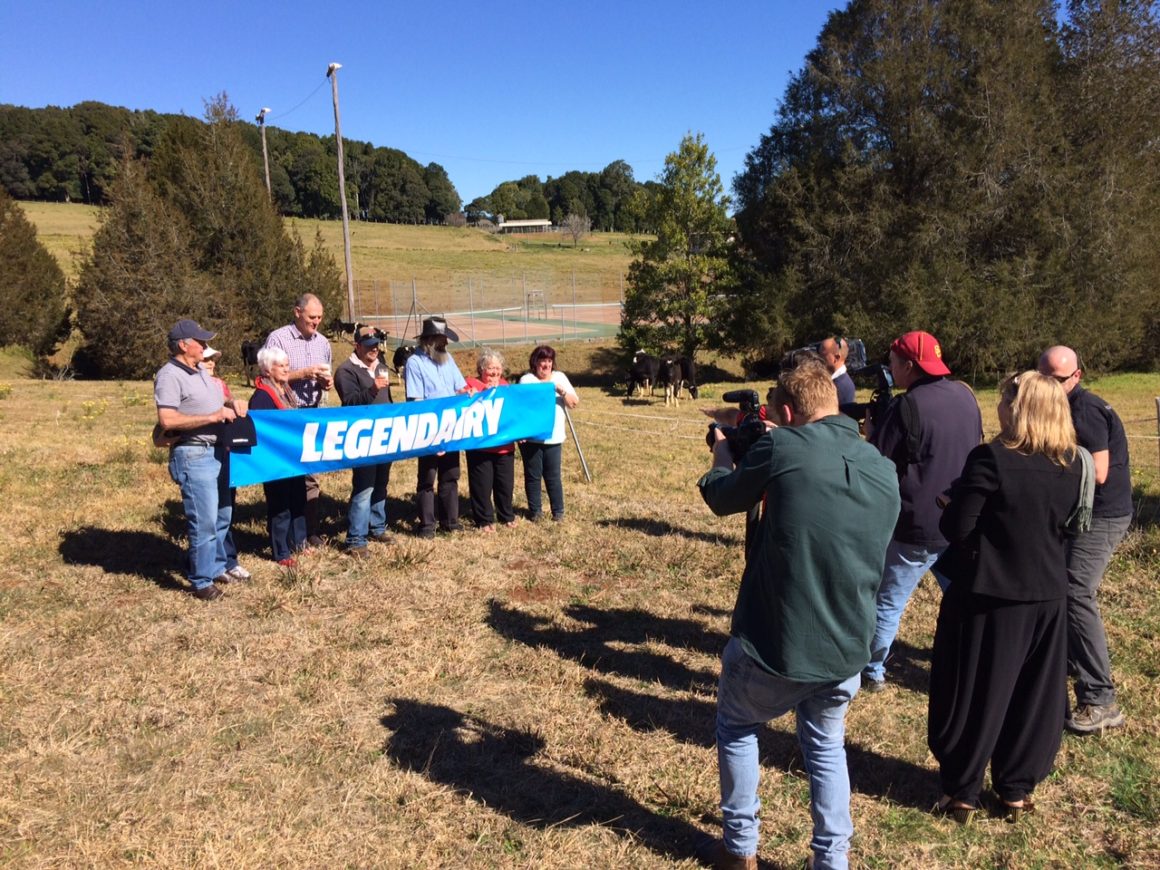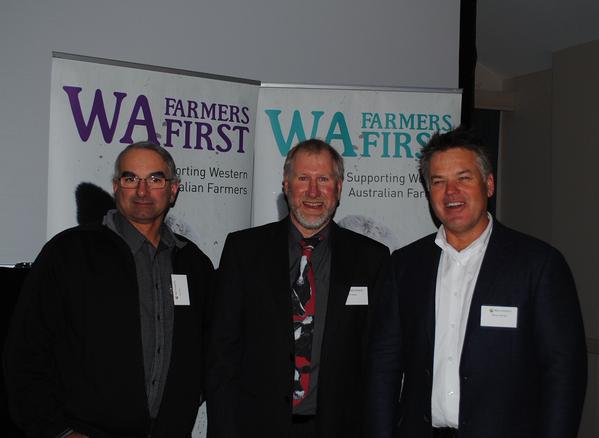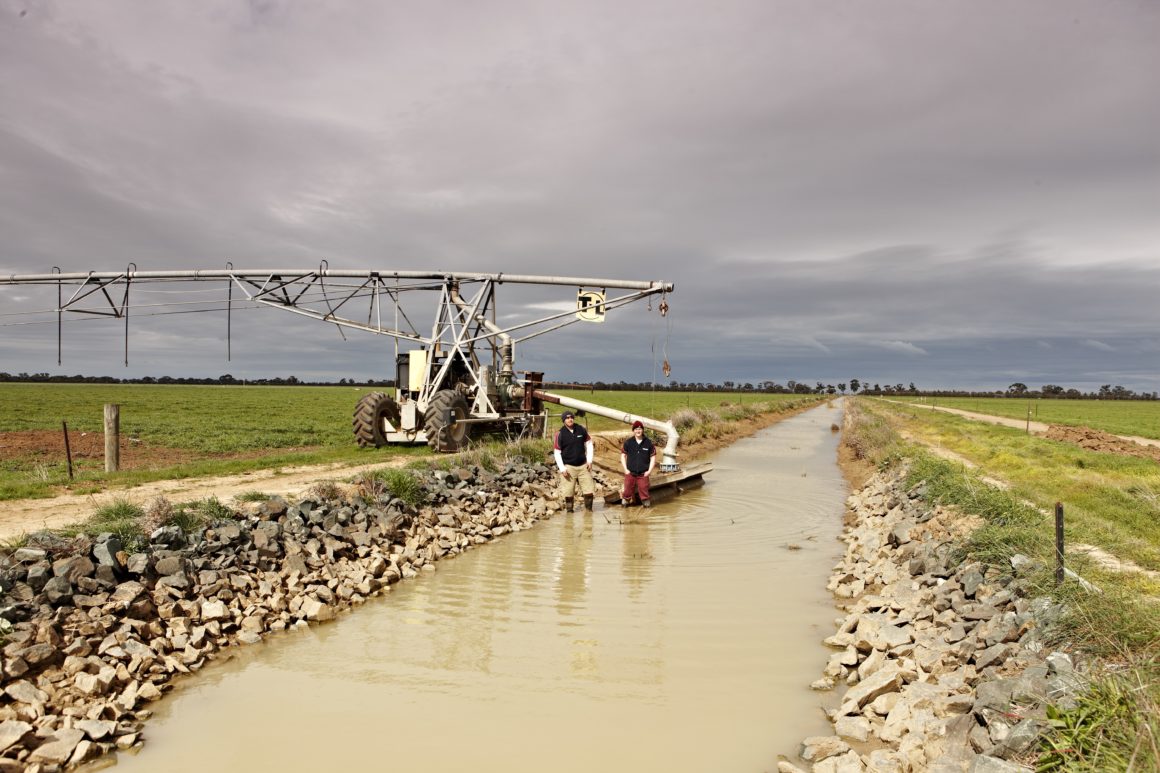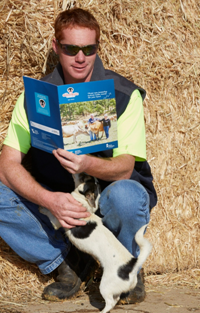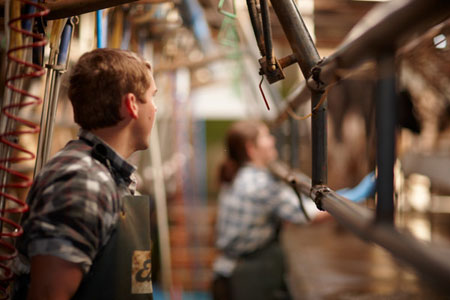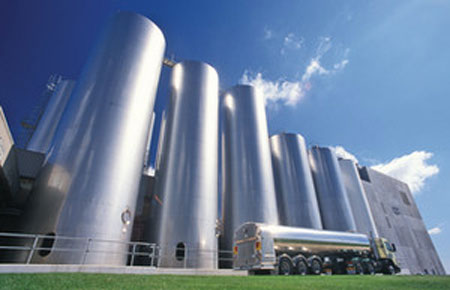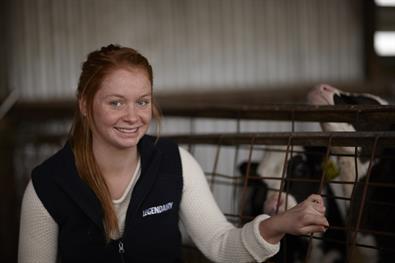Getting the China-Australia Free Trade Agreement (ChAFTA) ratified will require farmers to show their communities what this opportunity means to them,
according to Australian Dairy Farmers (ADF) President, Noel Campbell.
Mr Campbell, along with representatives from the United Dairyfarmers of Victoria (UDV) and the Victorian Farmers Federation (VFF), was in Northern
Victoria as part of a Regional Roadshow which kicked off on Monday 21 September.
The industry used the roadshow to ask as many farmers as possible for their help in getting the China agreement ratified before the end of the 2015
calendar year.
“Farm lobby groups are leading the push to get the deal passed through Parliament.ADF, in collaboration with the State Dairy Farming Organisations
has been wearing a path to Canberra, lobbying both sides of parliament and the independent senators to highlight why this deal is important,” Mr
Campbell said.
“The ChAFTA is under threat. We need farmers, processors, service providers and regional communities to help us get this deal over the line before
the end of the year. We need your help to explain to your neighbours, friends and family why this deal matters for Australia.”
The regional meetings were well attended, with over 100 farmers attending for the first three events in West Victoria. Farmers from all commodities – not just dairy – attended the meetings, demonstrating that the entire farming community is well aware of what is at stake.
Tatura dairy farmer, Ingrid Tysoe said the ChAFTA was about building long term sustainable profitability.
“For farm security, things are going to be a lot better; this gives courage for us to work towards the future,” Ms Tyson said.
“I felt that the session was really informative and it’s giving us hope that the dairy industry is looking brighter for us.”
Mr Campbell told attendees that it was essential to highlight that the ChAFTA is a good deal not just for farmers but for the Australian community.
“We worked hard to get a true ‘free trade’ agreement with the ChAFTA last year. With tariffs down to zero over the next four to 11 years on dairy products,
we believe this has been achieved,” Mr Campbell said.
“The ChAFTA is a great deal for Australian dairy and a great deal for the Australian community. If ratified this year, the dairy industry alone will
see growth in job creation across the value chain. We expect that around 600-700 jobs will be created within the first year of ratification. More
dairy jobs means more vibrant, prosperous and growing rural and regional communities across all of Australia’s dairying regions.
“I urge all of you to get on board to help us ensure that this deal is implemented this year so that our industry, as well as the broader community
can start to take advantage of the benefits this deal brings.”
With meetings in Victoria to conclude on Tuesday 29 September, ADF plans to take the regional roadshow to Tasmania to spread the word about how farmers
can help get ChAFTA over the line.

